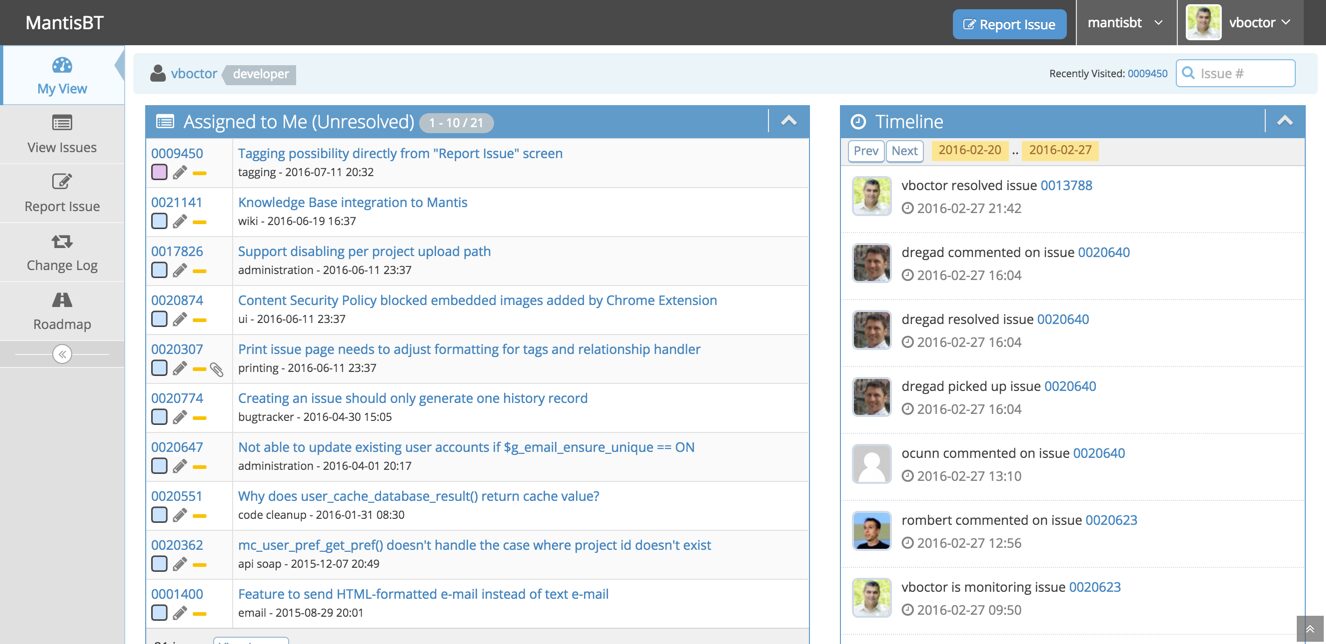Endurance International Group (EIG) stands as a titan in the web hosting industry, not for its stellar service or commitment to customer satisfaction, but rather for its relentless acquisition spree and the subsequent decline in quality across its vast portfolio of hosting brands. Founded in 1997, EIG has morphed into a conglomerate notorious for its cutthroat tactics and profit-driven approach, leaving a trail of disgruntled customers and tarnished reputations in its wake.
Latest Content
MantisBT, an abbreviation for Mantis Bug Tracker, is a widely-used open-source issue tracking system designed to facilitate project management and software development processes. Originally created by Kenzaburo Ito, MantisBT has evolved into a mature and feature-rich platform over the years. It offers a comprehensive set of tools for bug tracking, issue management, and collaboration within development teams. Key features include customizable workflows, which allow teams to define their own issue lifecycle stages and processes tailored to their specific needs. MantisBT also provides email notifications to keep team members informed about updates and changes, facilitating timely communication and collaboration. Moreover, its extensive plugin architecture enables users to extend its functionality and integrate with other tools and systems seamlessly. With support for multiple projects, role-based access control, and detailed reporting capabilities, MantisBT empowers teams to effectively manage their software development projects from inception to delivery while ensuring transparency, accountability, and quality assurance throughout the development lifecycle.
Varnish server is a special caching application. You could install it before any web server and it would speed up time to the first byte (TTFB) significantly.
Varnish is a recommended caching solution for Magento 2 eCommerce websites.
In this article I’ll show you how to configure and set it up properly. We will be using a Debian 12 Bookworm machine for reference but the instructions could be applied to a different operating system.
Have you ever questioned how the most famous ecommerce owners manage to keep their stock exactly right? It is a very fine line that either makes or breaks an enterprise. Not a feature nowadays in the ecommerce world, inventory optimization is something you really can’t do without.
This is where the dynamic duo of Magento and the ERP systems takes center stage. They revolutionize inventory management by introducing efficiency and accuracy. This synergy is not limited to the stock control; it involves boosting customer satisfaction and also promoting profitability. However, we need to delve into the details on how this integration works and why it plays a very important role in building the successes of ecommerce.




